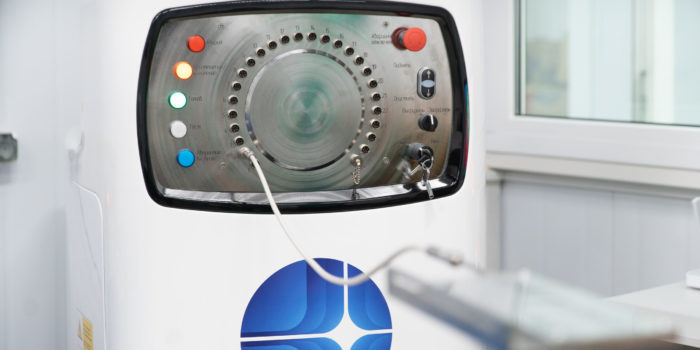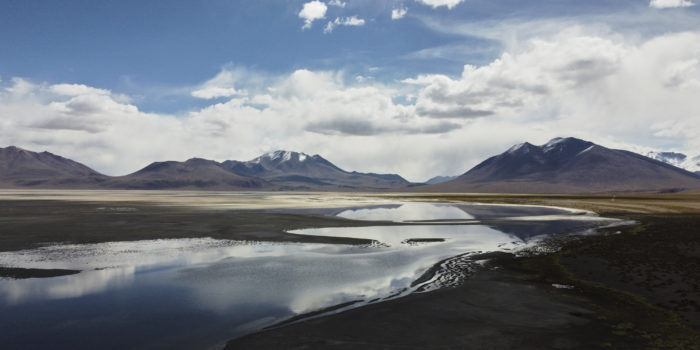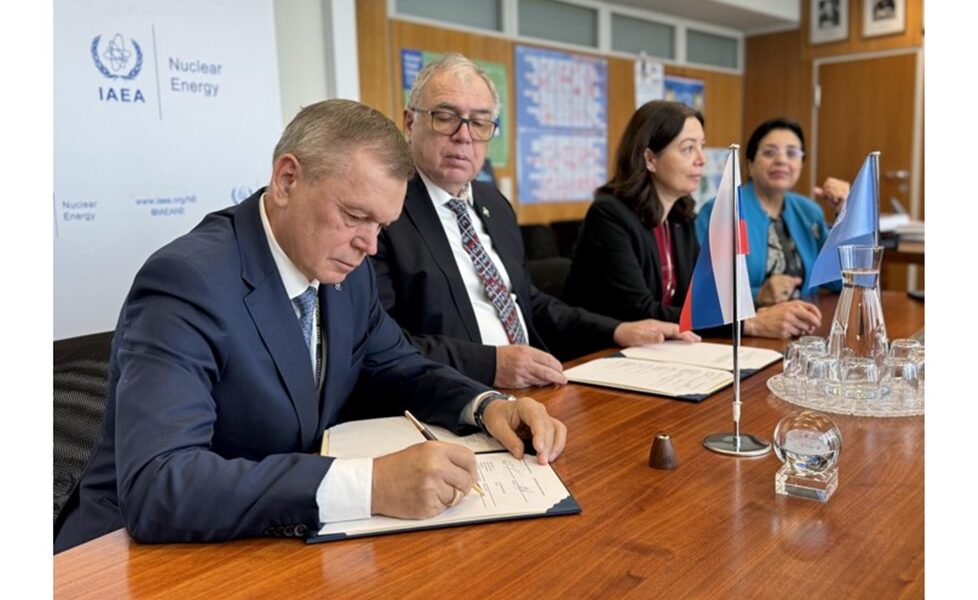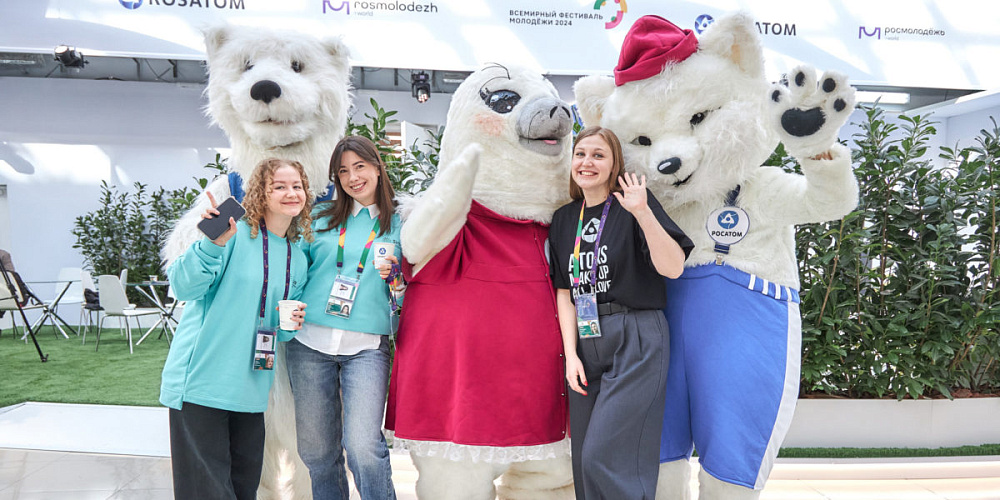The Northern Sea Route (NSR) Shipping Participants Council met on 4 September 2024 as part of the business program of the Eastern Economic Forum (EEF-2024).
The event brought together the permanent members of the Council and invited officials.
In his opening address, Council Chairman Sergey Frank noted: "In 2023, we see the significant progress in the development of the Northern Sea Route as we saw it for years earlier. The cargo traffic is increasing and technological innovations are being introduced. Our country is undoubtedly continuing the development of the NSR as the main national transport corridor that Russia needs to succeed in its Arctic projects. However, the benefits of this route are available to the whole world. Its development will make the global logistics system more stable and efficient, and we welcome the increasingly active involvement of our foreign partners in the work of the Council."
Rosatom Director General Alexey Likhachev said to the participants of the Council: “Year-round routes should not be a mobilization solution when we feel proud to have solved insoluble problems, but rather a normal routine, in the good sense of the word. Definitely, this requires joint discussion of the icebreakers distribution principle taking into account that the icebreakers fleet is getting larger (and we will continue to construct such vessels), financial model, economic structure, and the distribution of the financial burden among all components of this work. Of course, the state should act as the guarantor, the insurer of infrastructure risks, but even with this insurance, we must clearly understand the profitability of all types of activity in the NSR waters.”
The agenda included a separate set of issues relating to China-Russian cooperation. In particular, the meeting discussed the issues for the agenda of the subcommittee on the development of the Northern Sea Route created within the framework of the China-Russian intergovernmental committee. The Council stressed the importance of strengthening the bilateral cooperation in logistics (along the NSR) and illustrated the point with a container line between the ports of the two countries.
"Bringing the Northern Sea Route issue into a separate intergovernmental format, a dedicated subcommittee, is really a recognition of the issue's great potential for being further considered by the two countries and a need for special coordination. The NSR transit is increasing with the main transit between Chinese ports and Russian northwestern ports. In fact, this is the main transit route now. While we used to deploy nuclear icebreakers mainly in winter-spring navigation, it’s the second year that nuclear icebreakers have been operating in summer," said Vladimir Panov, Rosatom Representative for Arctic Development.
The meeting discussed plans for the development of Norilsk Nickel projects until 2030 as well as preliminary results of the NSR navigation achieved since January 1, 2024, considered the issues of a comprehensive approach to the safety of navigation along the NSR and the current situation on the routes and in the waters of the Northern Sea Route.
"The winter-spring navigation was successful, and all plans of cargo carriers were fulfilled. As for the summer-autumn navigation, the ice conditions this year were difficult: in early July, we saw solid ice in the Kara Sea, while we still see it in the East Siberian and Chukchi Seas. This is most likely to be a reason for early freezing of the seas in the autumn. Nevertheless, we assisted two dredgers under the PRC flag heading from the east to the Gulf of Ob for dredging," noted Sergey Zybko, Director General of NSR General Administration FSBI.
Reference
The Council of NSR Shipping Participants was created following a meeting on the Russian Arctic development with the President of the Russian Federation in April 2022. The permanent members of the Council are Nornickel, Gazprom Neft, PFO Novatek, Rosneft, LLC GDK Baimsky GOK, Severnaya Zvezda OOO, Russian Chamber of Shipping, Rosmorrechflot, Rosatom, Atomflot, Sovcomflot, Northern Shipping Company, Hydrographic Enterprise, Far Eastern Shipping Company, Rusatom Logistics OOO, UK Delo, Sovfracht. The Council meetings discuss proposals for an action plan aimed at improving the NSR navigation safety and increasing the competitiveness of Russian Arctic shipbuilding.
In 2018, the Russian Government appointed Rosatom the infrastructure operator of the Northern Sea Route (NSR). Rosatom oversees the "Development of the Northern Sea Route" federal project being involved in the plan for the Northern Sea Route development until 2035 and the initiative for the socio-economic development of the Russian Federation until 2030 "Year-Round Northern Sea Route" approved by the order of the Russian Government.
One of Rosatom’s strategic goals is to make the NSR an effective transport artery connecting Europe, Russia and the Asia-Pacific region. A federal project to develop the "Great" Northern Sea Route – a transport corridor from St. Petersburg and Kaliningrad to Vladivostok is being prepared now.
The comprehensive development of the Russian Arctic is a national strategic priority. To increase the NSR traffic is crucial to the fulfillment of the outstanding tasks. This logistics corridor is developing due to cargo shipping on a regular basis, construction of new nuclear icebreakers and modernization of the relevant infrastructure. Rosatom is actively involved in these efforts.





